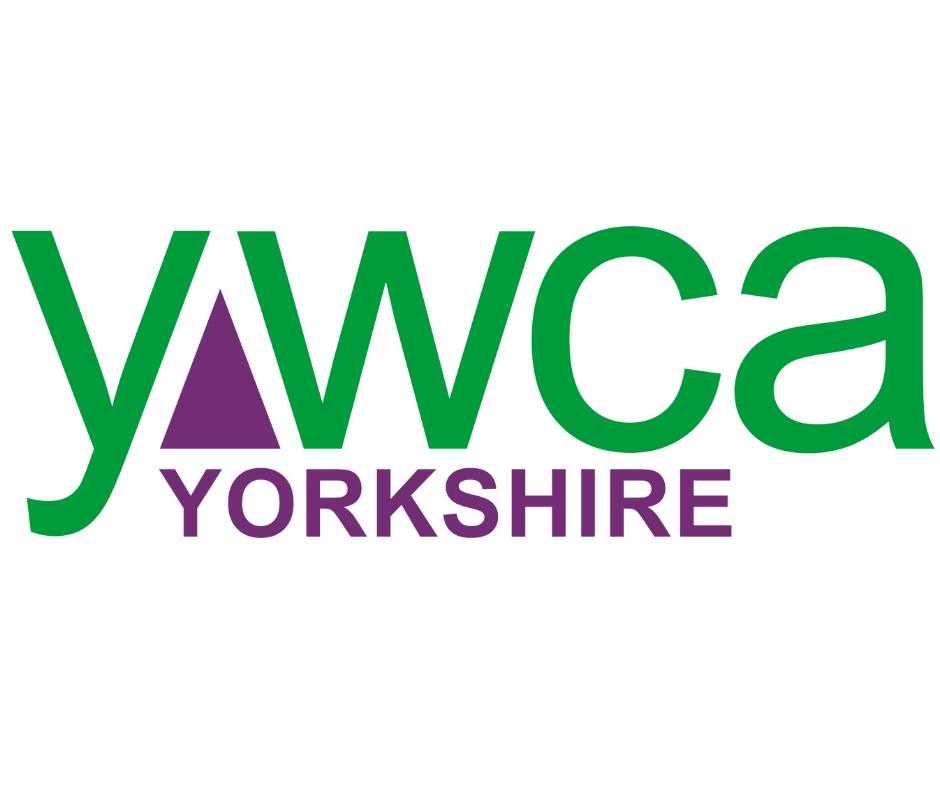5 learning points when setting up a volunteer programme for your charity
Our charity has an award-winning Volunteer Support Programme working with more than 20 volunteers across a variety of roles in Rotherham, Doncaster and Sheffield. YWCA Yorkshire supports more than 250 women, children and families locally through housing and wrap-around support, and we couldn’t do this without the dedication, talent, skills and expertise of our volunteers.
To mark the 2024 Volunteers Week, as well as celebrating the incredible people who volunteer for our charity, we are sharing our learning and approach more widely. In doing this, we hope to support other charities who are looking to introduce and formalise their Volunteer Programmes.
‘5 learning points when setting up a volunteer programme for your charity’ is based on our experiences working with volunteers. It is by no means an exhaustive list, but we hope that organisations in the early stages of exploration will find this useful - and we’re always keen to learn more from our volunteer community, so please don’t hesitate to get in touch with us and join the conversation on Facebook and Linkedin.
Ensure that volunteers are given feedback and are valued.
This sounds like an obvious point to begin with, but we make it because it requires some thinking and some formal processes. Thanking and valuing people is core to our volunteer programme. We invest in this through a robust induction process, regular one-to-ones, appraisals, awards, team celebrations and really good communication.
Regular recruitment.
A large number of people volunteer as an intermediary role to build confidence, skills, experience and networks before moving into paid employment or study. We consider these transitions a great success, for the individuals, and for our communities. We have countless examples of people who have volunteered with us before going on to work in similar paid roles in our sector. This means though, that any volunteer programme must have regular recruitment built into the annual calendar to guard against resource gaps.
Be specific when creating volunteer roles so that people know what they’re applying for.
Like any role, volunteer positions need to be accompanied by clear guidance and support. Having a clear role description, code-of-conduct, mission and values is an essential part of a successful volunteer programme. We recommend co-producing these with a range of people, including volunteers, staff and people your charity supports, to ensure that all voices are heard and that your systems, process and outputs are inclusive.
Collaborate
We partner with a range of other organisations through Voluntary Action Sheffield, Voluntary Action Rotherham and Voluntary Action Doncaster, sharing learning and expertise. Peer-to-peer support is something that we do well in the third sector, and this should be celebrated. Reach out to networks, other charities and not-for-profits to develop your volunteer programme and share your own learning.
Invest in people
Volunteers bring with them a vast range of skills and experiences and as a charity, we directly benefit from this. It’s important that this relationship is two-way and that the brilliant people donating their time are rewarded. This will mean different things to different people. Sometimes people volunteer to give something back to their communities, sometimes it is about connecting with others, making friends and building community. Nearly always, there is an area of development that the volunteer would like to progress, and this is where your volunteer programme can really add value. Make sure that you understand the motivations, hopes and dreams of the individuals volunteering, and match people to the skills, training and development opportunities that best align with these.
To learn more about volunteering with YWCA Yorkshire visit: https://www.ywcayorkshire.org.uk/volunteer

